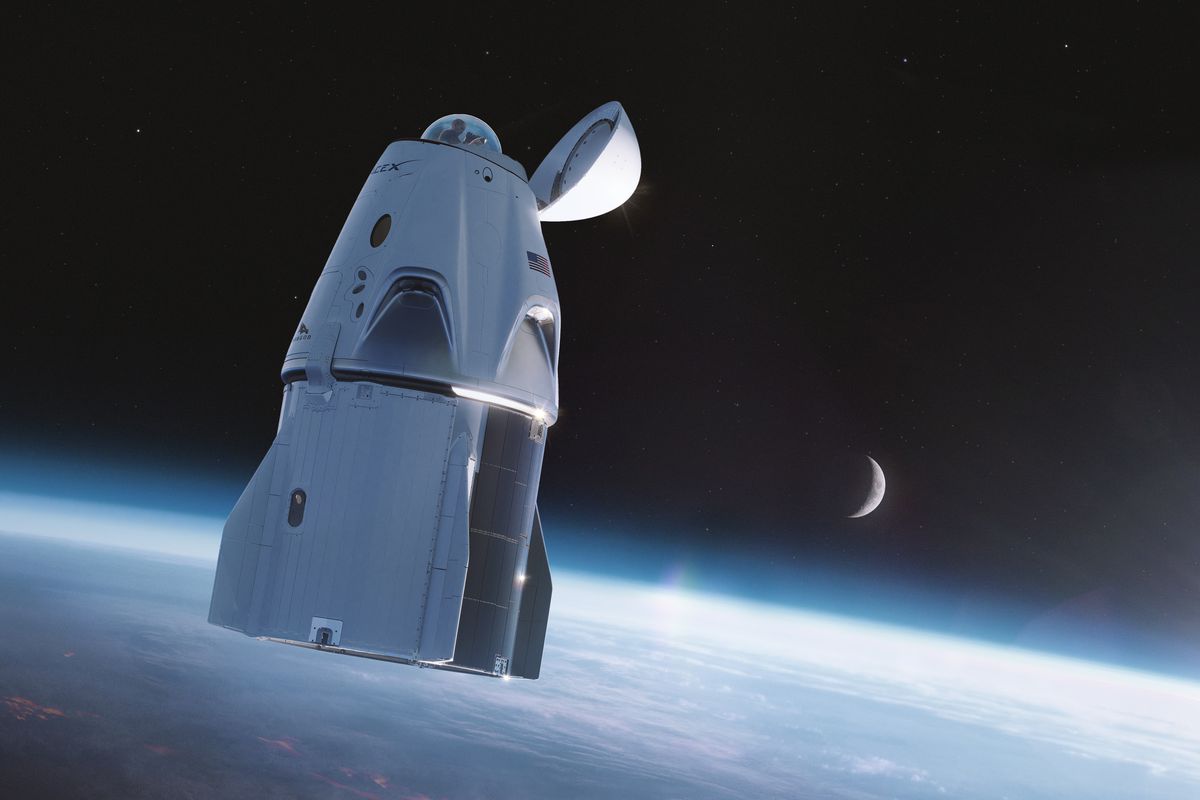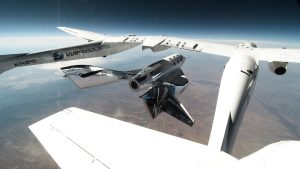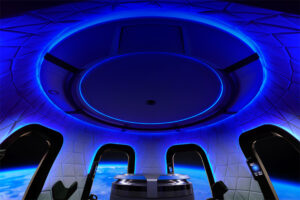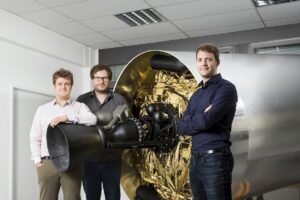Space Tourism Anaemia Study Could Hamper Elon Musk’s Plans to Colonise Mars
25th Jan 2022
Astronaut’s Anaemia Findings Could Dampen Space Tourism Plans
A recent study of 13 astronauts has uncovered increased rates of blood cell destruction during space travel, which may hamper the developing space tourism industry. On returning to Earth after a six-month mission in space, 5 out of the 13 astronauts were discovered to be anaemic. The study revealed that, while in space, the astronaut’s bodies had destroyed just over 50% more red blood cells than was normal on Earth. Industry experts fear that these findings could affect space tourism plans and plans made by companies like Elon Musk’s SpaceX, which hopes to colonise other planets.
Commercial Space Exploration Industry Faces Potential Health Risk Hold Up
The discovery of space-induced anaemia could have widespread impacts on the rise of commercial space travel. The space tourism sector has been projected to grow as entrepreneurs like Richard Branson start their commercial space flight programs. However, people suffering from heart conditions or angina may be barred from commercial space tourism due to this newly discovered anaemia risk.
More Research Needed to Understand Physical Effects of Short Trips to Space
The study suggests that, during space travel, the body increases the rate at which it destroys red blood cells. The consequences of this are then felt when the person returns to Earth and experiences the effects of gravity, as was found in the astronaut study. In the astronauts involved, this anaemia lasted for 3 to 4 months but did not have long-term effects beyond this. It is unclear how people in poor health may be affected by this or what the effects of short trips into space are on the body. More research is required for the space tourism industry to effectively respond to this study.






Thank you for your comment! It will be visible on the site after moderation.